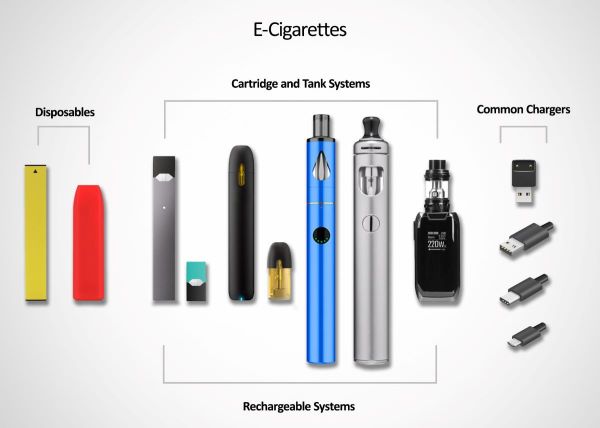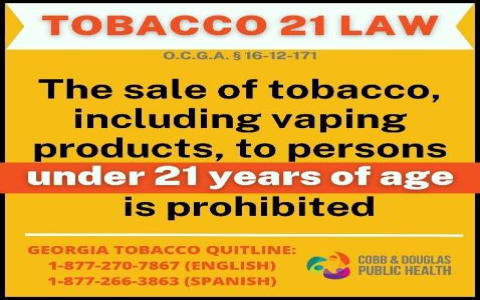Electronic cigarette regulations vary globally, impacting device sale, marketing, use, and access. Understanding core legal principles is crucial.
Core Regulatory Frameworks
Governments regulate e-cigarettes primarily as tobacco products or as distinct nicotine delivery systems. Key regulatory objectives include:

- Protecting Youth: Preventing underage access.
- Ensuring Product Safety: Setting standards for devices and e-liquids.
- Providing Consumer Information: Mandating clear labeling and warnings.
- Restricting Marketing: Limiting advertising appealing to minors.
- Protecting Non-Users: Establishing where use is prohibited.
Key Legal Restrictions
- Age Restrictions: Sale and often possession are illegal for minors. Legal purchase age commonly aligns with traditional tobacco age (typically 18 or 21). Retailers must verify age.
- Product Standards: Regulations may cover nicotine concentration limits (e.g., EU TPD limits nicotine to 20mg/ml per container), e-liquid ingredients, packaging (child-resistant, tamper-evident), tank capacity, and device safety (overheating, leakage prevention). Premarket authorization is required in some jurisdictions (e.g., US FDA PMTA).
- Labeling Requirements: Mandatory warnings cover nicotine addiction risks, health dangers, and product contents. Ingredient lists and manufacturer information are often required.
- Usage Bans: E-cigarette use is frequently prohibited wherever combustible tobacco smoking is banned (indoor public places, workplaces, public transport). Some jurisdictions impose stricter or additional bans.
- Flavor Restrictions: Many regions ban characterizing flavors except tobacco and menthol, primarily to reduce youth appeal.
- Marketing and Advertising Controls: Restrictions govern online promotion, influencer marketing, sponsorships, and point-of-sale advertising to limit youth exposure.
- Online Sale Restrictions: Age verification requirements, restrictions on cross-border sales, and outright bans on online purchasing exist in many locations.
Enforcement and Penalties
Violating regulations (selling to minors, non-compliant products) can result in significant consequences:
- Fines: Issued to retailers, manufacturers, or users.
- License Revocation: Retailers can lose the ability to sell tobacco products.
- Product Seizure/Destruction: Non-compliant products can be confiscated.
- Criminal Charges: Possible for serious offences, especially repeated sales to minors.
Vital Considerations
Jurisdiction Matters: Laws differ significantly between countries, states/provinces, and even municipalities. Check local ordinances! What’s legal in one place might be prohibited or require authorization elsewhere.
Continuous Evolution: E-cigarette regulations are constantly under review. New legislation or stricter enforcement measures frequently emerge.










